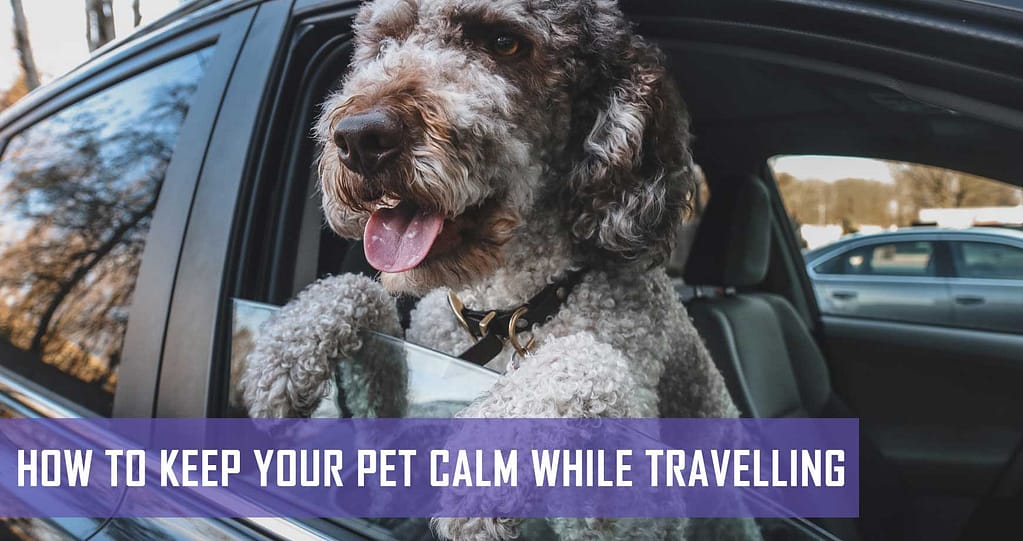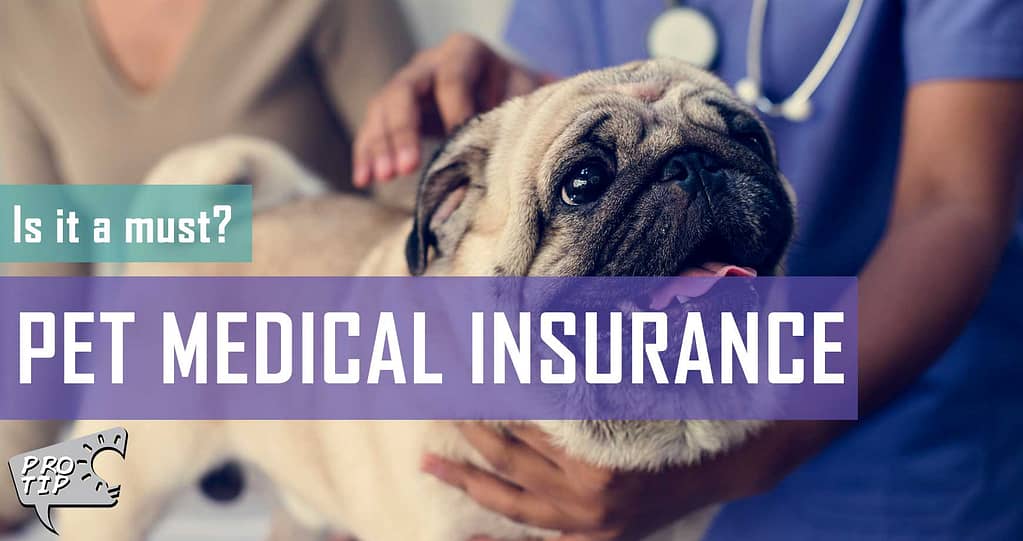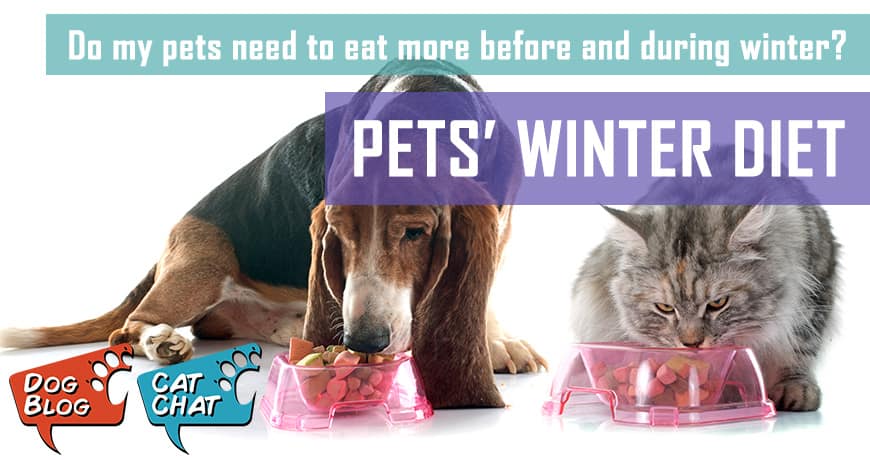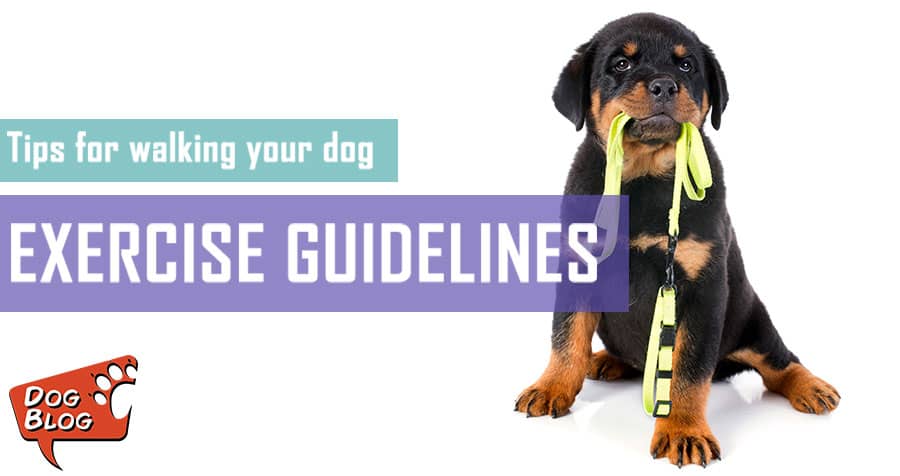[Sponsored post]
Cabin fever.
Itchy feet.
No, you don’t need a doctor – you need to travel!
As a pet owner, it’s important that your furry or purry friend has the opportunity to go with you on these post-lockdown adventures. We’ve all seen the Instagram posts of wanderlust cats who camp and travel with their owners, or carefree dogs who stick their heads out of car windows and let their tongues loll in the wind. Maybe this describes your fur baby, but if not, don’t worry – there’s still time to learn how to keep your pet calm while travelling.
The symptoms of travel sickness
Some dogs and cats only get to ride in the car when they need to see a vet or go to boarding kennels, so it’s not surprising that car travel may be associated with anxiety. Small puppies are generally more prone to motion sickness because their inner ear structures have not yet fully developed, but they may carry the negative effect of feeling sick in the car, into adulthood and continue to experience motion sickness because of conditioning rather than physiology.
Does your pet have motion sickness or travel anxiety? These are the common symptoms:
- panting
- restlessness
- trembling
- whining
- barking/meowing
- scratching/trying to escape the car
- excessive salivating
- vomiting
- peeing or soiling
Positive association
The best course of action to reducing or even curing your pet’s anxiety around car travel is to associate the car with all things positive. Some dogs will refuse to come to you at the sound of the car keys, while cats will dash under furniture and hiss when you try to coax them out. If you intend to take your anxious pet on holiday with you this year, the best time to start associating the car with a positive experience is yesterday.
The second best time is now.
Bring them as close to the car as you can before their anxiety causes symptoms. At that point, give them a treat and lots of positive attention. Every time they look at the car or move closer to the car by choice, reward them with a positive experience. If your dog enjoys their toys or a game of tug, try to play with them in the general vicinity of the car, to help reduce their negative association with the car.
As you get closer to the car (in stages, which may take days or weeks), open the door and repeat the steps – when your pet chooses to move closer to the car and even into the car, offer a reward and praise. When you progress from outside the car to getting into the car, sitting in it, spending time in it and ultimately starting the engine and driving off with your calm pet in the car, the reward value needs to increase (for instance, from dog biscuits to pieces of biltong) in order to increase the positive experience associated with the car.
Start with short trips around the block or going to fun destinations like the dog park, to a friend’s house, or to the shops. Gradually increase the distance and time in the car in order to prepare your furry or purry friend for a holiday trip.
For cats, which are normally transported in a cat carrier, use the same approach by getting your cat to like the carrier. Place her favourite toys, treats and even catnip in the carrier. Line it with her favourite bedding and ensure she has only positive experiences inside or around the carrier. This positive association may take time, but eventually she should learn to see the carrier as an inviting place and go in willingly before a trip in the car.
Keep calm and travel on
The above conditioning represents an ideal scenario where pets respond positively to a previously anxiety-ridden situation. It takes time and patience to change an anxious pet’s mind with positive reinforcement and counter-conditioning. While you’re training your pet to be calmer in the car, you may need some help in keeping them relaxed and calm.
Eco-Vet has a calming liquid called Eco-Travel, which will assist with the process and help your pet to feel calmer before, during and after travelling in the car. Eco-Travel is a herbal remedy that is easy to administer and works to alleviate the symptoms of travel sickness, stress, fear and tension. All you need to do is administer three doses of Eco-Travel every four hours in the 12 hours leading up to the ‘anxious event’ (be it car travel, a dog show, a fireworks display or a thunderstorm – whatever your pet is afraid of). It can also be administered after an unexpected shock to alleviate the stress associated with that event.
Car safety for pets
Aside from keeping pets calm, you should also ensure they are completely safe and comfortable while travelling in the car.
- Keep the interior temperature cool and circulate fresh air.
- Keep pets secure – for cats this means staying in the crate; for dogs, this means clipping their harness or leash to the seatbelt connector, or using a back seat pet hammock.
- Make frequent stops for toilet breaks and to give your pets the chance to stretch their legs.
- Offer pets fresh water if they are panting or appear to be thirsty.
With holidays around the corner, you can take your furry or purry friend along for the ride, to make some new memories after a difficult year. You don’t have to cancel your travel plans because of a nervous pet, or let the pet sitter make holiday memories with your furry favourites. Try the counter-conditioning tips above and give Eco-Travel a shot at calming your pet just in time for holiday travel!







